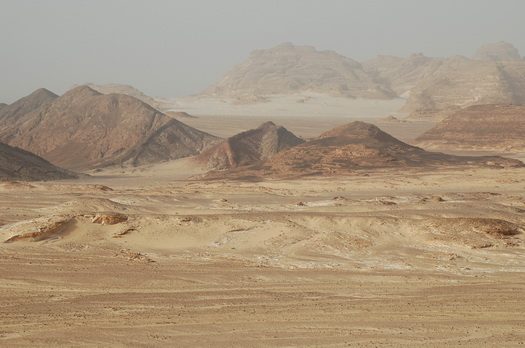
Weekly Dvar Torah: Torah Is All About the Love of The Jewish People
This week we reach the pinnacle of the season of joy.
For 48 hours we are going to sing and dance and celebrate the Torah.
The highpoint will be when we complete the annual cycle of the reading of the Torah with the last verse which reads:
וּלְכֹל הַיָּד הַחֲזָקָה וּלְכֹל הַמּוֹרָא הַגָּדוֹל אֲשֶׁר עָשָׂה מֹשֶׁה לְעֵינֵי כָּל יִשְׂרָאֵל.
With these words the Torah concludes the eulogy about Moshe Rabbeinu, describing his greatness, that there was no prophet in Israel like Moshe, that Hashem knew him face to face, all the wonders which Hashem sent him to perform in Egypt, “And all the strong hand, and all the great awe, which Moshe performed before the eyes of all Israel”.
Powerful words describing Moshe, and what he did for the Jewish people.
Rashi comments on the words לְעֵינֵי כָּל יִשְׂרָאֵל = “before the eyes of all Israel”, with a caveat: Moshe’s heart elevated him up to smash the tablets before their eyes …. To which G-d agreed and said; “thank you for shattering them!”
The first question comes to mind, why is Rashi tampering with such a beautiful eulogy, to insert the story of breaking the Luchos doesn’t sound too complimentary of Moshe?
Furthermore, the eulogy ends by saying that all the above-mentioned miracles were performed by Moshe in front of all the Jews, why ruin it by saying that the most important thing Moshe did in front of all the Jews was the breaking of the Luchos?
The Rebbe gives us incredible insight by explaining Rashi’s thinking as the most complementary to Moshe and to the Torah, a thought that should inspire us with love for the Torah and give us more reason for tremendous joy when we dance with the Torah on Simchas Torah.
The Torah ends with this eulogy of Moshe, and the last words of the Torah encapsulate the greatness of the Torah, and by inserting the event of Moshe breaking the Tablets, we learn of the true greatness of the Torah.
How so?
When Moshe came down from the mountain, he was confronted by a rebellious group of Jews who only 40 days earlier saw G-d Himself tell them to worship Him and no other G-d, and now they made themselves a golden calf and declared it the new god.
Moshe had a dilemma, what do I do now, do I just give up on these mischievous Jews, or do I save them at the expense of Torah?
By keeping the Luchos, the Jews would be found guilty of rebellion against G-d, but by breaking the Luchos he could defend the Jews that they were innocent, which way does Moshe go?
Who like Moshe knew the value of the Torah, he just spent 40 days learning the Torah and its importance with G-d, Moshe is the ultimate teacher of Torah, but on the other hand Moshe’s entire life was about helping and saving Jews.
And Moshe had the courage to choose the Jewish people over the Torah, because Moshe’s love even for misbehaving Jews was so great, that it transcends even the Torah.
And G-d thanked Moshe for this, because at the end of the day the Torah was given because of the Jews, and if there are no Jews there is no Torah.
And this is the greatest compliment for the Torah, that even the Torah agrees how important the Jews are, and with these words the Torah ends, telling us that all the wonderful things enumerated in the last few verses, pale in comparison to this last act of breaking the Luchos to save the Jews, and with this the Torah ends.
This is the highest compliment of the Torah and of Moshe, the love for every single Jew.
After having experienced the days of awe when G-d gave us the chance to return and have our sins forgiven, and after receiving a G-dly verdict for a sweet new year, and after rejoicing for a full week, and after we celebrated the unity of Hakhel.
Now we learn of how special we are as a people in the eyes of G-d that He chooses us even at the expense of His Torah, and the Torah itself confirms this in the last few words with which we will conclude the reading of the Torah on Simchas Torah.
This should infuse us with the great energy and vigor, to lift us off our feet for 48 hours straight to dance with the Torah that gives us so much love, and we return the love with joy and more joy.
“During the 48 hours of Shemini Atzeres and Simchas Torah one can draw bucketsful and barrelsful of treasures (of blessings) both material and spiritual, and this is accomplished through dancing.”
Don’t stop dancing, you have a good reason for this.
Have a dance-full Shabbos and Yomtov,
Gut Shabbos and Happy Yomtov
Rabbi Yosef Katzman















